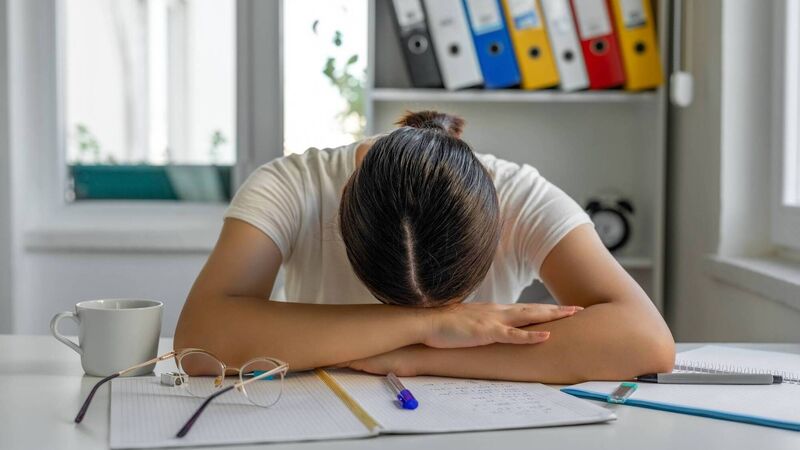Colman Noctor: Student burnout is not limited to exam years

Dr Colman Noctor: "For many, the final stretch of the academic year is not just a countdown to freedom, but a period of overwhelming stress and emotional exhaustion."
Last week, nearly every time I checked my phone I found an email or a text about a young person who was struggling and looking for an appointment.
- Emotional changes — increased irritability, mood swings, or frequent crying spells;
- Physical symptoms — headaches, stomach aches, fatigue, or difficulty sleeping;
- Loss of motivation — decreased interest in school, hobbies, or social activities;
- Cognitive difficulties — trouble concentrating, forgetfulness, or negative self-talk;
- Social withdrawal — avoidance of friends, family, or school-related activities;
- If a child exhibits multiple signs of burnout, intervention may be necessary to prevent further emotional distress.
Supporting a child through end-of-year burnout requires empathy, practical support and proactive stress-management techniques.
One of the most supportive things a parent can do is to acknowledge their child’s stress rather than dismiss it. Statements like, ‘I can see that you’re feeling really overwhelmed right now’ can help children feel understood and less alone in their struggles.
Despite the busy schedules and demands at this time of year, do not underestimate the importance of unstructured play and relaxation in preventing stress-related health issues in children.
Time outdoors, short breaks between study sessions, and sleep can help them recharge.
If children are feeling overloaded, talk to them about breaking tasks in to smaller, manageable steps. Using a planner or checklist can empower older children to tackle their
responsibilities without feeling overwhelmed.
- Dr Colman Noctor is a child psychotherapist






